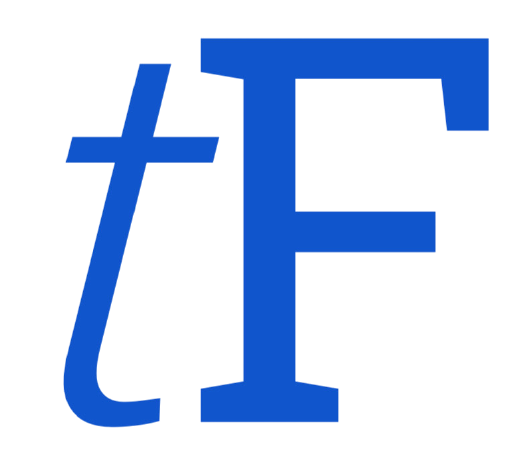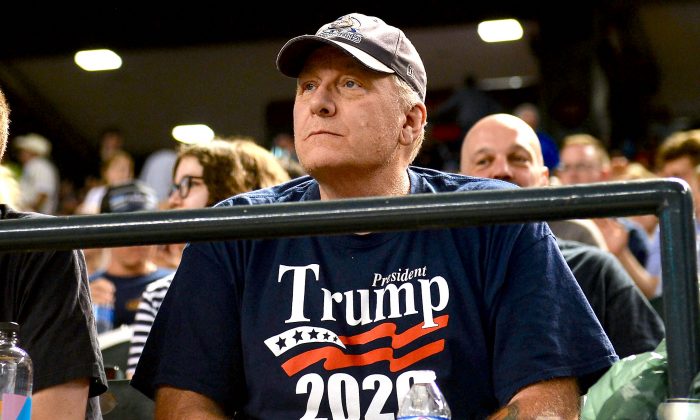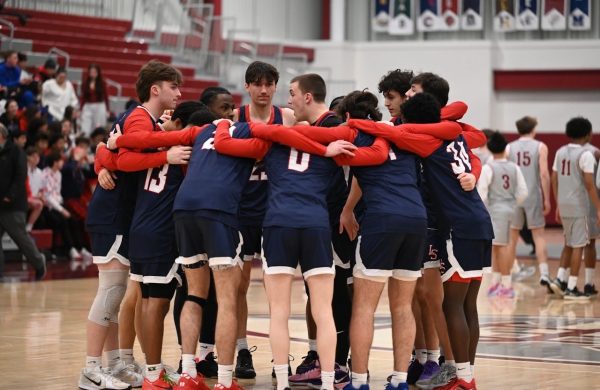Curt Schilling Misses Hall of Fame by 16 Votes
Near the beginning of every year, Major League Baseball announces the new players who will be inducted into the Baseball Hall of Fame. The Baseball Writers’ Association of America, or BBWAA, fill out ballots, selecting up to as many as ten players that they feel deserve to be in the Hall of Fame. This year, no new players reached the 75% of votes needed to qualify for the Hall. The player closest to making the Hall of Fame this year was former Red Sox pitcher Curt Schilling who appeared on 71.1% of ballots, just 16 votes short. On paper, Schilling is a no-doubt Hall of Famer as perhaps the greatest postseason pitcher of all-time. However, comments and tweets made by Schilling following his retirement have kept him out of Cooperstown for yet another year.
Before examining what is holding Curt Schilling back, it is important to recognize the case in his favor. As one of the greatest postseason pitchers of all-time, Schilling posted an 11-2 record with a 2.23 ERA. In 2001, Schilling won World Series MVP with the Diamondbacks starting three games with an ERA well under 2.00. His career-defining moment, however, was with Boston. Down three games to two in the 2004 ALCS against the Yankees, Schilling pitched with an injured and bleeding ankle. New York could only score one run off Schilling over the course of seven innings, sending the Sox to the World Series, where they would break their 86 year curse. Schilling won another ring with Boston in 2007 before announcing his retirement. Among pitchers, Schilling ranks 26th in all-time Wins Above Replacement (WAR), a stat that values players adjusting for time period. Schilling’s statistics are better than a large number of players who are already in the Hall of Fame, and based on his performance alone, he most certainly belongs in the Hall of Fame.
However, Schilling has been unable to stay out of trouble off the field. He blew his entire $115 million career earnings starting a video game studio that went bankrupt. Schilling was also suspended and later fired from ESPN for Islamophobic, anti-Semitic, and transphobic social media posts. More recently, the former ace has teased political runs and continued to use his Twitter to spread his alt-right beliefs. Following broadcaster Thom Brennaman’s homophobic slur on live TV in the 2020 season, Schilling vouched for his character tweeting, “In today’s cancel culture I am expecting an insane overreaction to this mistake. I can tell you that Thom Brennaman is one of the nicest and most thoughtful men I have known.” Schilling was also listed as a board member of the “We Build the Wall” fundraiser, for which former Trump aide Steve Bannon was arrested on allegations of fraud.
Most recently, Schilling received criticism for his support of the January 6th insurrection that took place at the U.S. Capitol. Comparing the attack on democracy to the BLM protests this past summer, Schilling tweeted, “You cowards sat on your hands, did nothing while liberal trash looted rioted and burned for air Jordan’s and big screens, sit back… and watch folks start a confrontation for s–– that matters like rights, democracy and the end of govt corruption.” This opinion is obviously disgusting and may have been a key contributor to Schilling not qualifying for the Hall of Fame. The BBWAA’s standards for Cooperstown are “The player’s record, playing ability, integrity, sportsmanship, character, and contributions to the team(s) on which the player played.” Schilling’s comments allowed voters to cite the so-called “character clause” to justify leaving him off of their ballots.
Since the results were announced, Schilling has asked to be removed from next year’s ballot as a form of protest against the BBWAA, a request that has not been granted. Next season will be Schilling’s final year on the ballot and his last chance at being voted in by the baseball writers. If he does not reach the 75% of votes, his fate will be left up to the Veterans Committee, who have the power to induct players no longer on the ballot. Schilling’s case will likely set a precedent for future ballplayers and whether or not character should matter for the Hall of Fame.





